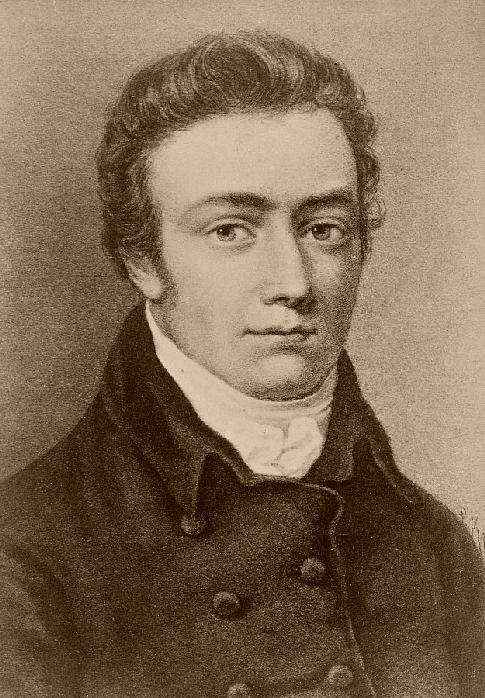Samuel Taylor Coleridge Frases famosas
“Quem se vangloria de ter conquistado uma multidão de amigos nunca teve um.”
Fonte: Revista Caras, Edição de 21 de Setembro de 2006
Samuel Taylor Coleridge frases e citações
Samuel Taylor Coleridge: Frases em inglês
“To know, to esteem, to love, and then to part,
Makes up life's tale to many a feeling heart!”
On taking Leave of ———— (1817)
Bartlett's Familiar Quotations, 10th ed. (1919)
“In the hexameter rises the fountain's silvery column;
In the pentameter aye falling in melody back.”
"The Ovidian Elegiac Metre" (translated from Schiller) (1799)
“The Dwarf sees farther than the Giant, when he has the Giant's shoulders to mount on.”
The Friend; A Series of Essays (1812), No. 15 (30 November 1809), p. 228
Cf. Isaac Newton, letter to Robert Hooke (15 February 1676): "If I have seen further it is only by standing on the shoulders of giants".
“Farce may often border on tragedy; indeed, farce is nearer tragedy in its essence than comedy is.”
20 August 1833
Table Talk (1821–1834)
"Hymn in the Vale of Chamouni" (1802)
“An idea, in the highest sense of that word, cannot be conveyed but by a symbol.”
Fonte: Biographia Literaria (1817), Ch. IX
Letter to William Sotheby (10 September 1802)
Letters
The Friend, No. 14
Bartlett's Familiar Quotations, 10th ed. (1919)
“Her gentle limbs did she undress,
And lay down in her loveliness.”
Part I, l. 237
Christabel (written 1797–1801, published 1816)
“Veracity does not consist in saying, but in the intention of communicating truth.”
Fonte: Biographia Literaria (1817), Ch. IX
“It was a miracle of rare device,
A sunny pleasure-dome with caves of ice!”
Kubla Khan (1797 or 1798)
“What is an Epigram? a dwarfish whole,
Its body brevity, and wit its soul.”
"What is an Epigram?" http://books.google.com/books?id=xUggAAAAMAAJ&q=%22What+is+an+Epigram+A+dwarfish+whole+Its+body+brevity+and+wit+its+soul%22&pg=PA253#v=onepage, The Morning Post, ( 23 September 1802 http://www.britishnewspaperarchive.co.uk/viewer/bl/0000175/18020923/007/0003)
“The fancy is indeed no other than a mode of memory emancipated from the order of time and space.”
Fonte: Biographia Literaria (1817), Ch. XIII
“I stood in unimaginable trance
And agony that cannot be remembered.”
Remorse, Act iv, scene 3
Bartlett's Familiar Quotations, 10th ed. (1919)
“And the Devil did grin, for his darling sin
Is pride that apes humility.”
"The Devil's Thoughts", st. 6 (1799)
“The frost performs its secret ministry,
Unhelped by any wind.”
" Frost at Midnight http://etext.lib.virginia.edu/stc/Coleridge/poems/Frost_at_Midnight.html", l. 1 (1798)
Aids to Reflection (1873), Sequelae to Aphorism 107
“Humour is consistent with pathos, whilst wit is not.”
Said in 1821, as quoted in Letters and Conversations of S.T. Coleridge (1836) by Thomas Allsop
15 March 1834
Table Talk (1821–1834)
